Makers of Modern India
Synopsis
Makers of Modern India is a rich and comprehensive repository of India's political traditions. Ramachandra Guha, author of the internationally acclaimed India After Gandhi, profiles nineteen Indians whose ideas had a defining impact on the formation and evolution of our Republic, and presents rare and compelling excerpts from their writings and speeches.
These men and women were not only influential political activists – they also wrote with eloquence, authority and deliberation as they reflected on what Guha describes in his illuminating Prologue as 'the most contentious times in the most interesting country in the world.' Their writings take us from the subcontinent's first engagement with modernity in the nineteenth century, through the successive phases of the freedom movement, on through the decades after Independence. This book highlights little-known aspects of major figures in Indian history like Tagore and Nehru; it also rehabilitates thinkers who have been unjustly forgotten, such as Tarabai Shinde and Hamid Dalwai.
These makers of modern India did not speak in one voice: their perspectives are sometimes complementary, at other times contradictory. The topics they explore and analyse include religion, caste, gender, language, nationalism, colonialism, democracy, secularism and the economy—that is to say, all that is significant in the human condition. These issues have a resonance in our own times, not just in India but everywhere in the world where violence is opposed to non-violence, where people of different faiths have to learn to live with each other, where the marginalized struggle for their rights, and where states have to chose between privileging a single 'national' culture or permitting a hundred flowers to bloom.
Read more
These men and women were not only influential political activists – they also wrote with eloquence, authority and deliberation as they reflected on what Guha describes in his illuminating Prologue as 'the most contentious times in the most interesting country in the world.' Their writings take us from the subcontinent's first engagement with modernity in the nineteenth century, through the successive phases of the freedom movement, on through the decades after Independence. This book highlights little-known aspects of major figures in Indian history like Tagore and Nehru; it also rehabilitates thinkers who have been unjustly forgotten, such as Tarabai Shinde and Hamid Dalwai.
These makers of modern India did not speak in one voice: their perspectives are sometimes complementary, at other times contradictory. The topics they explore and analyse include religion, caste, gender, language, nationalism, colonialism, democracy, secularism and the economy—that is to say, all that is significant in the human condition. These issues have a resonance in our own times, not just in India but everywhere in the world where violence is opposed to non-violence, where people of different faiths have to learn to live with each other, where the marginalized struggle for their rights, and where states have to chose between privileging a single 'national' culture or permitting a hundred flowers to bloom.
49.50
44.55
$
55.00 $
Free delivery Wolrdwidе in 10-18 days
Ships in 1-2 days from New Delhi
Membership for 1 Year $35.00
Get it now and save 10%
Get it now and save 10%
BECOME A MEMBER

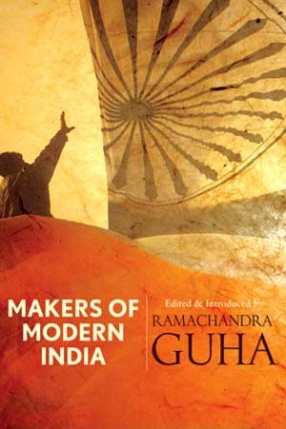
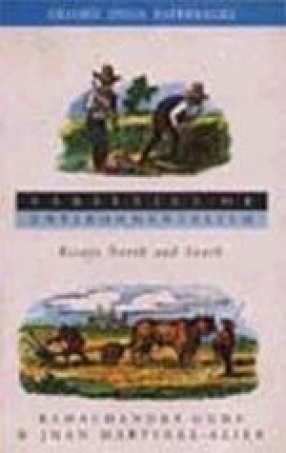

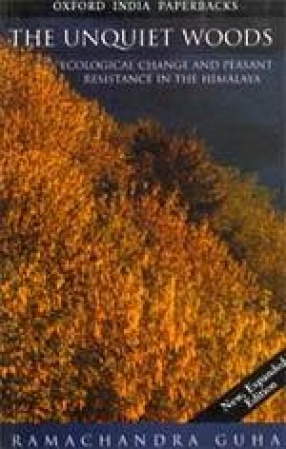
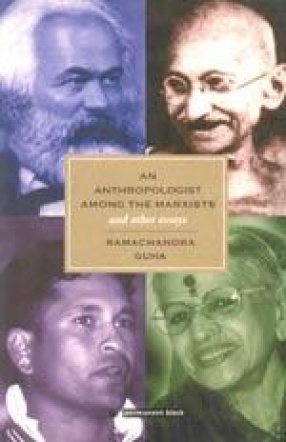
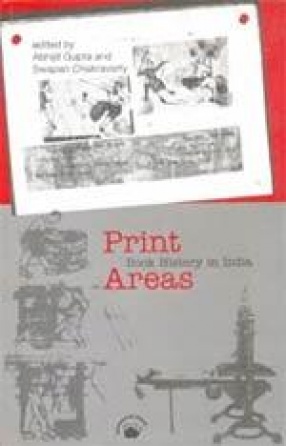
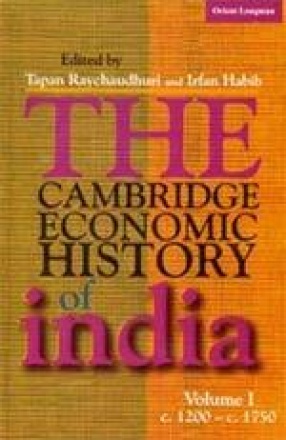
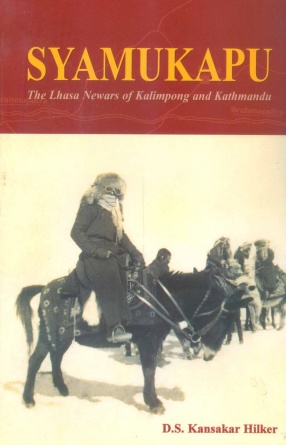

Bibliographic information